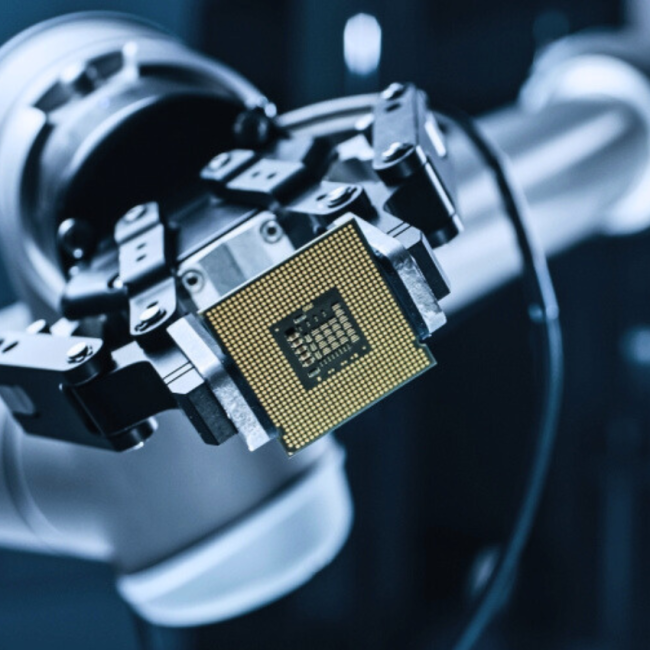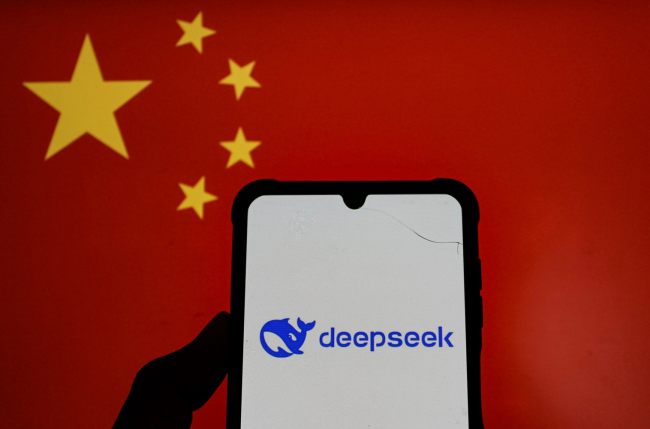Strategic Calculation: High-Performance Computing and Quantum Computing in Europe’s Quest for Technological Power

Computing power plays a key role in enabling machine learning, for scientific research, and in the military domain. Therefore, the race for computing power has become a key element of the US-China technological competition, and it is also a strategic priority for Europe.

This study focuses on two complementary segments of computing: high-performance computing (HPC, also known as “supercomputing”), and quantum computing. HPC has for several decades been used in scientific research, meteorology, and the military. While states continue to drive the needs for massive computers, the field is also witnessing a diversification of uses in industry. Meanwhile, quantum computing is still at an experimental stage but has highly disruptive potential, as it promises to multiply computing power exponentially. As such, it has become a focal point for government, industry, and investors around the globe.
In the global race, European countries are seeking to pool resources by encouraging the development of federated computing services, data infrastructures, and a local industry. Of course, Europe faces multiple challenges (the design and production of processors, energy consumption constraints, and scarce private investment) and risks (such as export restrictions and company takeovers). Yet, today, quantum computing does offer an opportunity to learn lessons from past developments in the field of classical computing, and to take the right actions early on, to reap the societal, economic and security benefits of this technology.

Regions and themes
ISBN / ISSN
Share
Download the full analysis
This page contains only a summary of our work. If you would like to have access to all the information from our research on the subject, you can download the full version in PDF format.
Strategic Calculation: High-Performance Computing and Quantum Computing in Europe’s Quest for Technological Power
Related centers and programs
Discover our other research centers and programsFind out more
Discover all our analysesThe “Huawei Saga” in Europe Revisited: German Lessons for the Rollout of 6G
While the European Union attempted to coordinate a collective response through its 5G Toolbox in Europe’s 5G infrastructure, member states diverged significantly in balancing political, economic, and technological considerations. Germany, despite its economic ties to China and status as Europe’s largest telecom market, only reached a tentative agreement in July 2024—one that appears largely symbolic.
European Startups and Generative AI: Overcoming Big Tech Dominance
Europe is at a crossroads. Faced with the domination of American Big Tech across the entire generative Artificial Intelligence (AI) value chain, from foundation models to cloud infrastructure, distribution channels, and open source, it risks long-term technological and economic decline. Yet generative AI also represents a major opportunity for economic transformation, with a potential value estimated at 1.5 times France’s gross domestic product (GDP). To turn it into a driver of renewal, Europe must move beyond the illusion of total technological independence and instead build an ecosystem that leverages Big Tech resources while strengthening its own innovation capabilities.
A "DeepSeek Moment"?
DeepSeek, hailed as a champion of Chinese AI, represents less a revolution than a significant optimization of existing technologies. Doubts remain regarding the figures put forward by the start-up, inviting a more measured response to the media hype surrounding China’s technological catch-up. Nonetheless, DeepSeek signals the need to question an economic model based solely on the race for computational power. By betting on open innovation, Europe can carve out its own path in a competition that is far from being a zero-sum game.
Artificial Promises or Real Regulation? Inventing Global AI Governance
The risks inherent to the unregulated use of AI, a key technology and vector of profound transformations within societies underline the pressing need to harmonize governance efforts at the international level. The Summit for Action on Artificial Intelligence to be held in Paris in mid-February could be an unprecedented timely occasion to agree on a global governance framework of AI for the public good.











